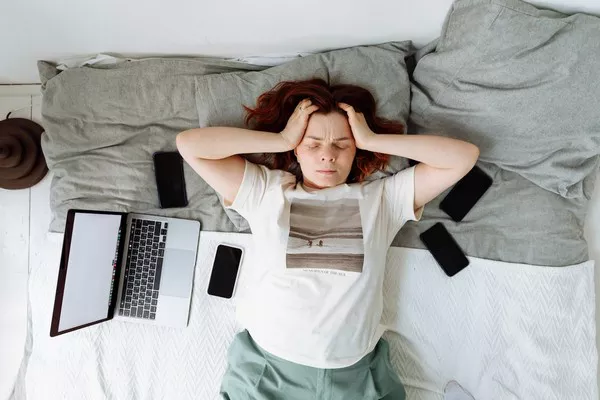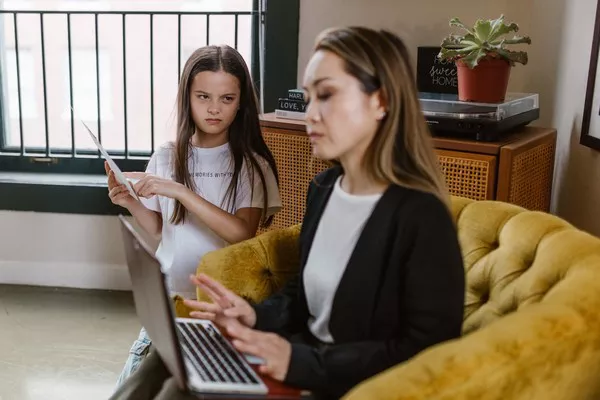As the academic year gains momentum on campus, USC (University of Southern California) officials are highlighting a range of online services aimed at bolstering student mental health, particularly during Suicide Prevention Month.
The transition through challenging academic periods can often leave students feeling overwhelmed. USC recognizes the importance of making students aware of available mental health resources and providing strategies to cope with stress effectively.
Broderick Leaks, Director of Counseling and Mental Health at USC Student Health, observed that the demand for mental health services among students has consistently risen. USC has undertaken various efforts to enhance and expand its mental health services to meet this growing need.
One noteworthy addition is the introduction of the “Nod” app, which launched at the start of the school year. This innovative mental health application is designed to foster a sense of belonging and combat loneliness among students. Leaks emphasized its creative approaches to connecting individuals and addressing mental health challenges.
Furthermore, USC has embraced technology to cater to students’ preferences. The Oasis mental health app, which focuses on providing mental health services through technology, has been integrated into USC’s mental health support ecosystem. Students can access chat and text features, aligning with their preference for digital interactions over traditional in-person or phone-based consultations.
USC students also have the option to utilize UWill, an online therapy platform in partnership with Counseling and Mental Health Services. This platform allows students to discuss their concerns and explore how therapy can assist them in navigating the college environment.
Leaks emphasized the importance of delivering the right mental health services at the right time and by the right professionals to ensure students receive the support they need.
In a related development, the non-profit organization All It Takes recently released the first installment of a documentary training series titled ‘Meeting the Moment.’ Aimed at both students and educators, these films provide essential tools to address emotional and mental health challenges in school settings. The documentary emphasizes that the mental health crisis has existed for some time and was exacerbated by the COVID-19 pandemic.
Experts featured in the film stress the significance of creating safe and communal spaces within educational environments. Mary Helen Immordino-Yang, a professor at USC Rossier School of Education, noted that students and teachers need spaces where they can address emotional and mental well-being. Teachers are encouraged to be a safe haven for students and direct them to necessary help when needed.
Students in the documentary also underscored the importance of teachers showing care and taking the time to know their students, creating a sense of safety in the classroom.
Additionally, the National Institute of Mental Health (NIMH) highlights the role of self-care in maintaining mental health, managing stress, and enhancing overall well-being. It recommends various self-care practices such as exercise, healthy eating, prioritizing sleep, practicing self-gratitude, and staying connected with friends and family.
During Suicide Prevention Month and throughout the year, it’s essential to remember that support is available for those in emotional distress or facing a suicide crisis. The Suicide & Crisis Hotline national number is 988, providing confidential assistance 24/7. This vital resource is dedicated to helping individuals in need and is accessible at any time of the day or night.



























